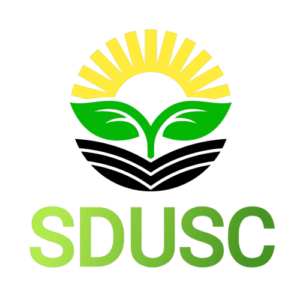The San Diego Urban Sustainability Coalition has partnered with the Sage Project at San Diego State University to evaluate three grassroots, community-based organizations addressing food and nutrition inequity in the neighborhoods of Southeast San Diego. Each organization was interested in evaluating objectives relevant to their specific programming, though common themes regarding accessibility, community awareness, acceptability, and affordability did emerge amongst all three. Additionally, the organizations were interested in gathering community perspectives to best inform improvements that could potentially be implemented within their programs in the future. This extensive report discusses the organizations’ current programming while evaluating their unique objectives and provides recommendations to aid each organization in their missions to serve their communities and help achieve their shared vision for equitable, food justice in Southeast San Diego. Data regarding community perceptions of the organizations’ programs and educational efforts, individual dietary habits, perceived barriers to access and better health outcomes, cost effectiveness, and suggestions for improvement were all collected from residents through the use of surveys and in-person interviews. A large majority of residents indicated the lack of access, limited produce options, lack of awareness of current programs, and expensive prices of food as main contributors to their poor health outcomes and limited frequency of consuming fruits and vegetables. Community-led organizations such as those discussed in this report are often the cornerstone for advocacy and positive change in communities that have endured historical injustices as a result of oppressive systems. By gathering feedback from community members and highlighting residents’ needs, said organizations are able to create comprehensive, informed interventions that are both effective and sustainable. Based on the current data collected, this report offers multiple, practical recommendations tailored to each organization’s individual objectives to create local, sustainable food systems which directly increase community access to high-quality, affordable foods and thereby improve health outcomes for all residents.
Site Search:
Menu

Community-Led Organizations Combating Food Apartheid in Communities of Southeast San Diego
Brittnie Bloom
Metrics
- University San Diego State University
- Sustainable Development Goals 02 Zero Hunger, 03 Good Health and Well-Being, 04 Quality Education, 10 Reduced Inequalities, 11 Sustainable Cities and Communities, 12 Responsible Consumption and Production, 13 Climate Action, 17 Partnerships for the Goals
- University Department Public Health
- Lead Local Gov / Community Partner Org Name San Diego Urban Sustainability Coalition